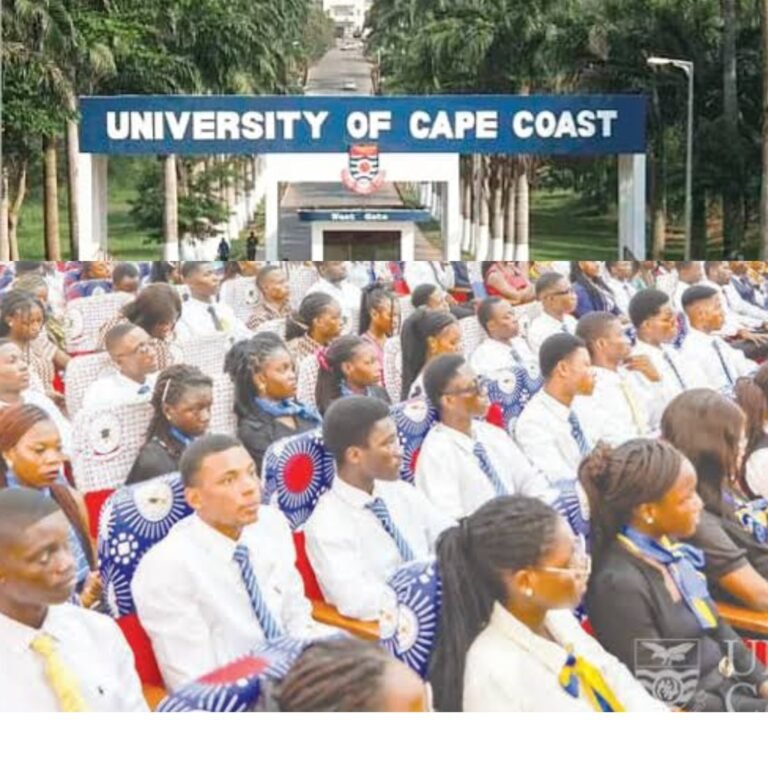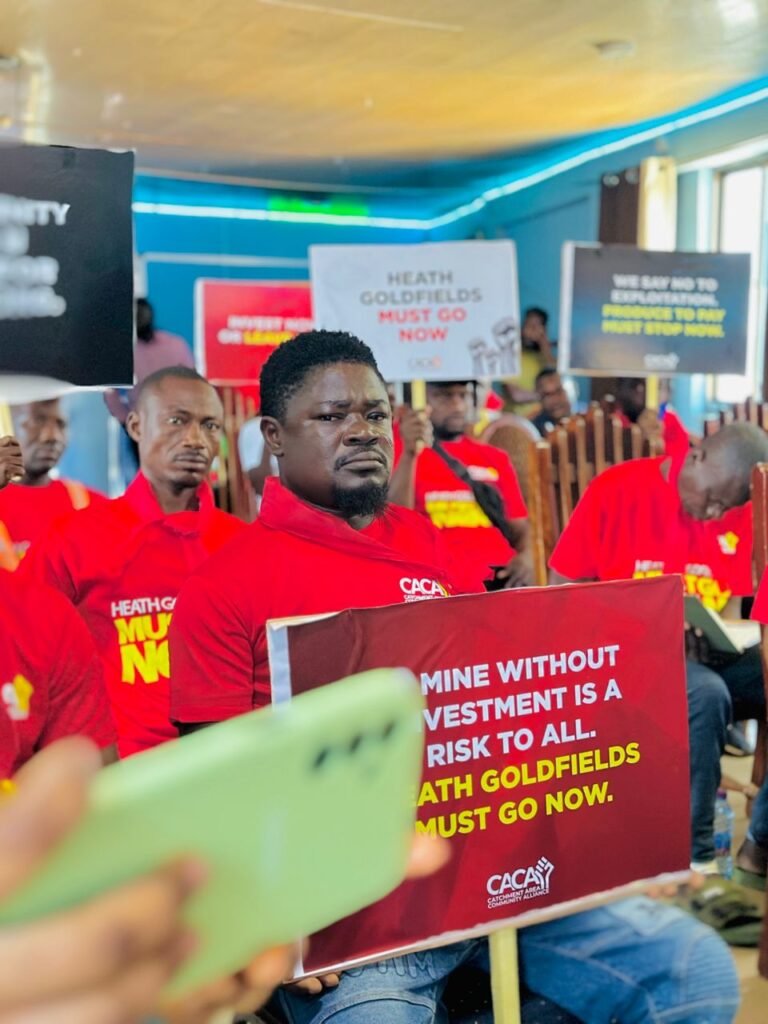
Mr. Davis Narh Korboe, President of the Federation of Associations of Ghanaian Exporters (FAGE), says the future of Ghana’s economy cannot be built on isolated effort but on partnership, policy, and purpose.
“FAGE is not just a name or a federation. It is a movement, a mission, and a national mandate—a collective agenda to stimulate exports, because exports are the heartbeat of Ghana’s prosperity, and collective action is the only way to make that heartbeat stronger,” he stated.
Established in 1992, FAGE has grown into the most trusted and unifying voice for Ghana’s export sector, bringing together a wide network of commodity and trade associations from horticulture and shea to textiles and processed foods.
“FAGE exists because Ghana’s export agenda cannot thrive on silos and silence. We bring together the grassroots, the factories, the port corridors, and the global markets under one banner, in one room,” Korboe explained.
NTEs
He noted that despite Ghana’s non-traditional exports (NTEs) earning over USD 3.9 billion in 2023, the country’s export performance remains far below its true potential.
“Only 8% of our agricultural exports are processed before leaving the country,” he lamented. “We are missing out on immense value-addition, job creation, and foreign exchange.”
Korboe also highlighted the challenges facing small and medium enterprises. “Over 60% of SMEs and women-led businesses in agribusiness lack access to consistent markets due to technical, logistical, and financing barriers,” he said. “Every container that leaves Ghana with raw produce instead of finished products represents a job lost, foreign exchange forgone, and value missed.”
“FAGE’s mission,” he stressed, “is to reverse this trend and reimagine Ghana as a hub of quality, innovation, and export competitiveness.”
Demands
Korboe believes Ghana is already producing what the world demands. “From pineapple, mango, coconut, and yams to vegetables, herbs, handicrafts, and textiles—our products are desired globally,” he said. “But we must now package, certify, and position them to compete and win on international shelves.”
He pointed to real-life examples of Ghanaian entrepreneurs and farmers being held back by systemic gaps.
“There’s a young woman in Techiman producing moringa powder who dreams of exporting to Sweden, but poor packaging is holding her back,” he said. “There’s a pineapple farmer in Dawa whose income suffers due to inconsistent transport to the port. And in Hohoe, a cooperative has excellent cassava but lacks the certifications needed to access European markets.”
“FAGE is their advocate. We are their voice in policy spaces they may never enter, and their bridge to markets they may never reach alone.”
Calling for urgent collective action, Korboe urged stakeholders across government, industry, and development sectors to join the movement.
“Let us move forward not in silos but in solidarity. Let us stimulate exports not someday, but now. Let us do it not for one, but all. FAGE is a collective agenda to stimulate exports—because together, we export more. Together, we rise,” Korboe added.




